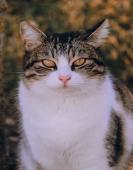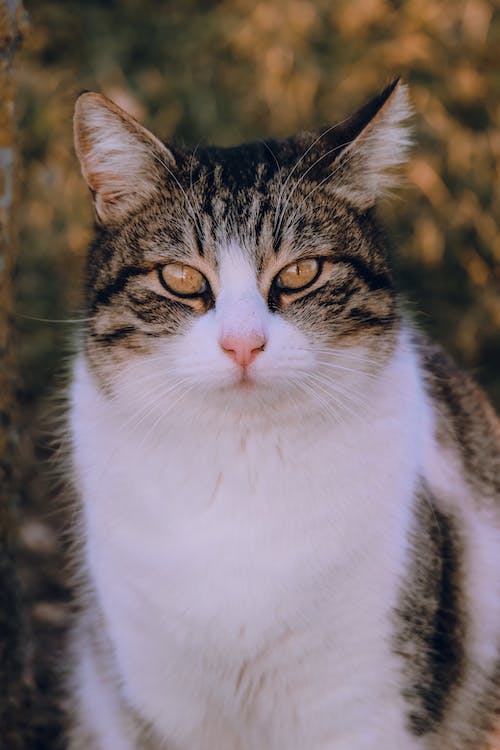In a major triumph for animal advocates worldwide, Brazil banned the use of animals in testing for cosmetics and perfumes. Agencia Brazil also reported that the ban, which took place under President Luiz Inácio Lula Da Silva’s government, also applies to products that have had their efficiency and safety previously proven.
When Did This Happen?
The resolution was approved in December 2022 at a National Council for the Control of Animal Experimentation (CONCEA) meeting. Luciana Santos, Brazil’s Science, Technology, and Innovation Minister, formally signed the bill into law on Feb. 28.
Humane Society International (HSI), in its statement praising the ban, highlighted the ban coming to fruition after a decade of campaigning. The language for the resolution had the aid of The Brazilian Association of Personal Hygiene, Perfumery and Cosmetics Industry (BAPHPCI) and HSI.
What Animals Does the Ban Include?
This ban applies to vertebrate animals, such as cats, dogs, and rats, all of which have traditionally been the subjects of cosmetic and other product testing. The resolution bars animal experimentation from being used for development and quality control for cosmetics, personal care, and perfume products.
This ban does not prohibit the importation of animal-tested products from other countries. Also, CONCEA lacks the legal authority to restrict marketing cosmetics that use new data from animal tests, according to HSI.
What Products Does This Resolution Cover?
New products without proven efficiency or safety will require alternatives to animal testing, as well as formulas currently on the market. CONCEA recognizes 40 alternative methods.
Katia de Angelis, CONCEA Coordinator, is hopeful about the prospect of eliminating or drastically reducing the number of animals used in testing overall. Some of the alternatives that product developers in Brazil have used include artificial corneas and skin.
Do Any Other Countries Ban Cosmetic Tests on Animals?
Animal testing is banned in all European Union (EU) countries. There has been strong support for bans on cosmetic testing on animals worldwide for decades, including in the United States.
In addition to the countries in the EU, other countries that prohibit animal testing include:
- Mexico
- Guatemala
- Colombia
- Iceland
- The United Kingdom
- Norway
- Switzerland
- Turkey
- Israel
- South Korea
- Taiwan
- Australia
- New Zealand
Although the United States lacks a federal ban, according to Harry Clarkson-Bennett, eight states in the U.S. have partial bans on animal testing for cosmetics. These states are:
- California
- Hawaii
- Ilinois
- Maine
- Maryland
- Nevada
- New Jersey
- Virginia
How Will the Ban Impact Animal Protection Efforts?
Animal advocates are hopeful that this ban will impact animal protection for the better. Carolina Mourão of the Brazilian Confederation of Animal Protection cites that this ban will save many animal lives.
Many animal advocates feel that such bans help promote a more positive environment for animals overall. Brands that have disavowed animal testing, such as The Body Shop, emphasize their use of botanical products with a proven, cruelty-free track record, according to Lone Star College.
Advocates who want to see such testing end hope that using alternatives will make society, in general, treat animals more humanely, as more people see that methods seen as animal exploitation are unnecessary.




